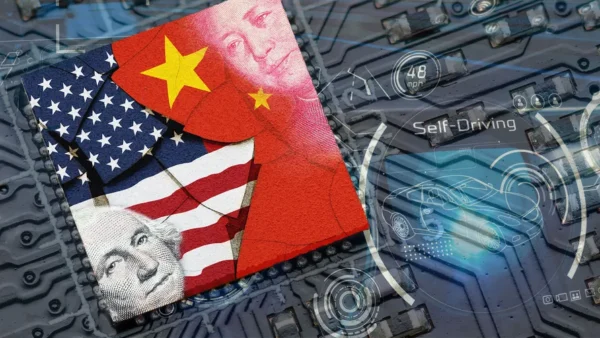Overview of the Proposed Regulations
The U.S. administration has raised significant concerns regarding the potential threats that Chinese companies pose in the realm of connected car technology. As a response, a proposed rule is under scrutiny aimed at banning the import and sale of vehicles containing specific Vault Connectivity Software (VCS) or Automated Driving Systems (ADS) hardware or software linked to the People’s Republic of China (PRC) or Russia. The aim is to enhance national security by managing the risks associated with these technologies.

Risks Associated with Connected Vehicle Technologies
Connected vehicle technologies, including telematics control units and various communication modules like Bluetooth and Wi-Fi, facilitate the functioning of automated driving systems. However, these technologies can also present vulnerabilities that malicious actors could exploit. The official fact sheet released by the White House highlights the concern that Chinese automakers aim to dominate in this area of technology, thus presenting an acute threat to both national security and the privacy of American citizens.
International Reactions and Implications
As the U.S. gears up for this regulatory change, reactions from affected countries have been critical. Chinese officials have labeled the proposed restrictions as unfounded, claiming that they violate market economy principles. Meanwhile, the broader cybersecurity landscape indicates a pressing concern; research from the Center for Strategic and International Studies (CSIS) shows that Chinese and Russian hackers have been involved in numerous global cyber incidents. U.S. Commerce Secretary Gina Raimondo has emphasized the potential risks posed by foreign access to sensitive vehicle data, asserting that these protective steps are necessary for safeguarding national interests.


